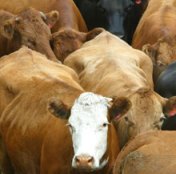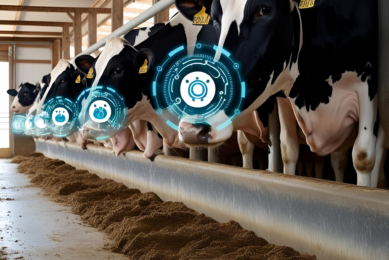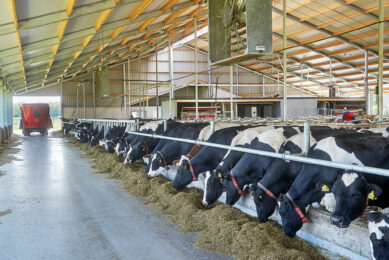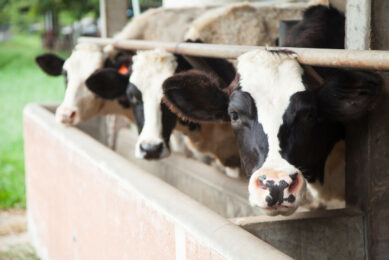Ruminants benefit from active dry yeasts

Active dry yeasts (ADYs) are increasingly used in ruminant nutrition as feed additives to improve feed efficiency and performance and, at the same time, to prevent health disorders.
ADYs are particularly useful in high-producing ruminants whose digestive
microbial balance can be altered by high-dietary energy input. As ADYs can
survive and remain metabolically active in the gut, they can exert probiotic
effects by interacting with the autochthonous microbial species responsible for
feed digestion.
Up to now, the most consistent positive effects of ADYs
have been reported on rumen microbial activity in young ruminants, stabilisation
of rumen pH and prevention of acidosis, as well as stimulation of growth and
activity of fibre-degrading bacteria. Effects of ADYs vary depending on biotic
factors such as the strain of yeast and its viability, but also on abiotic
factors, such as the nature of the diet or animal management.
It is
important to better understand the way by which yeasts can act on rumen
microorganisms in order to direct selection of new generation ADYs. The
objectives of the study were to review the most important findings on effects of
ADYs in the rumen, to describe identified modes of action, and to provide
thoughts for further strain selection and applications in ruminant
nutrition.
The full paper “Effects of active dry yeasts on the rumen
microbial ecosystem. Past, present and future” by F. Chaucheyras-Durand
(Lallemand), N.D. Walker
(INRA) and A. Bach (IRTA) is available from Science Direct.











